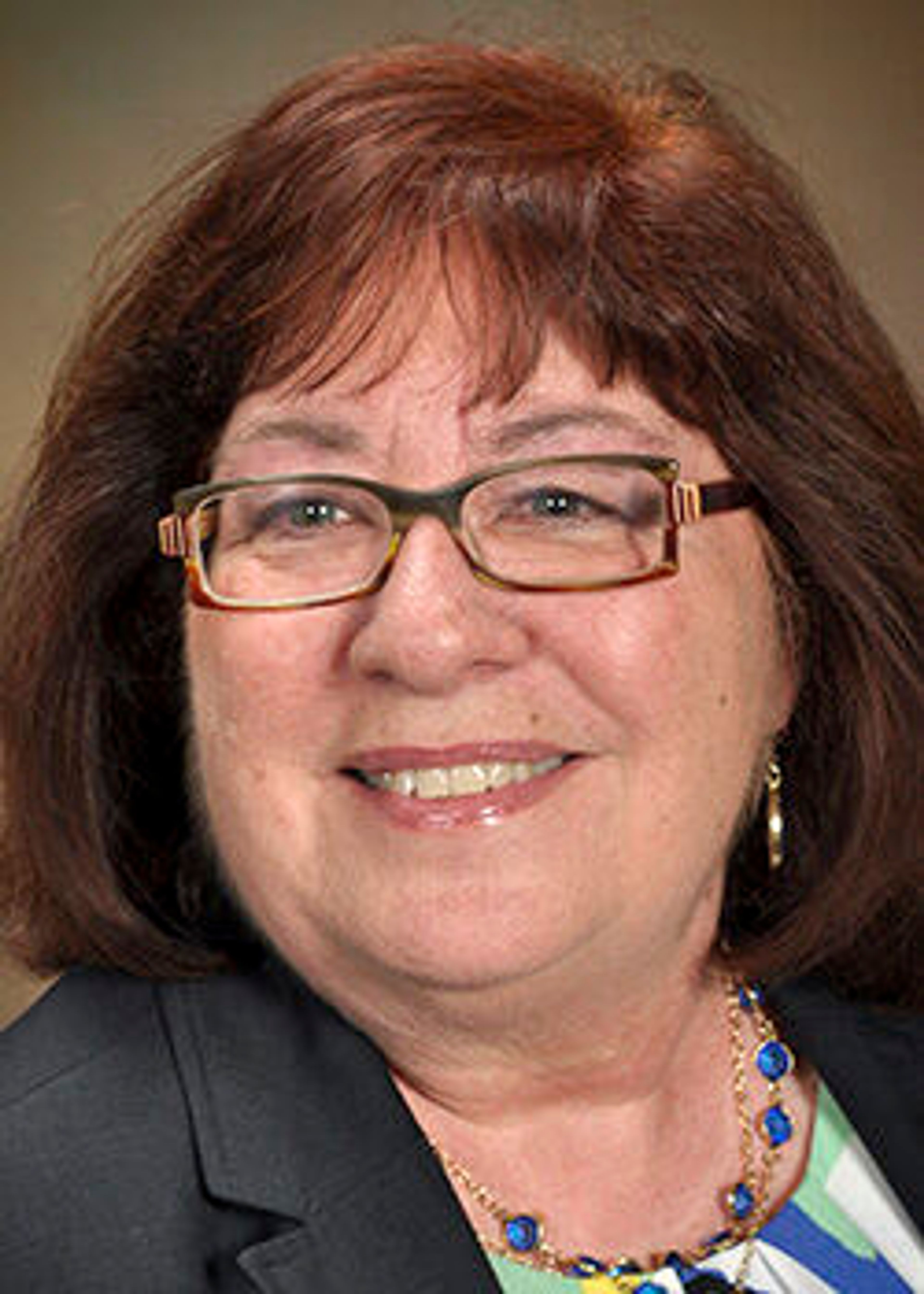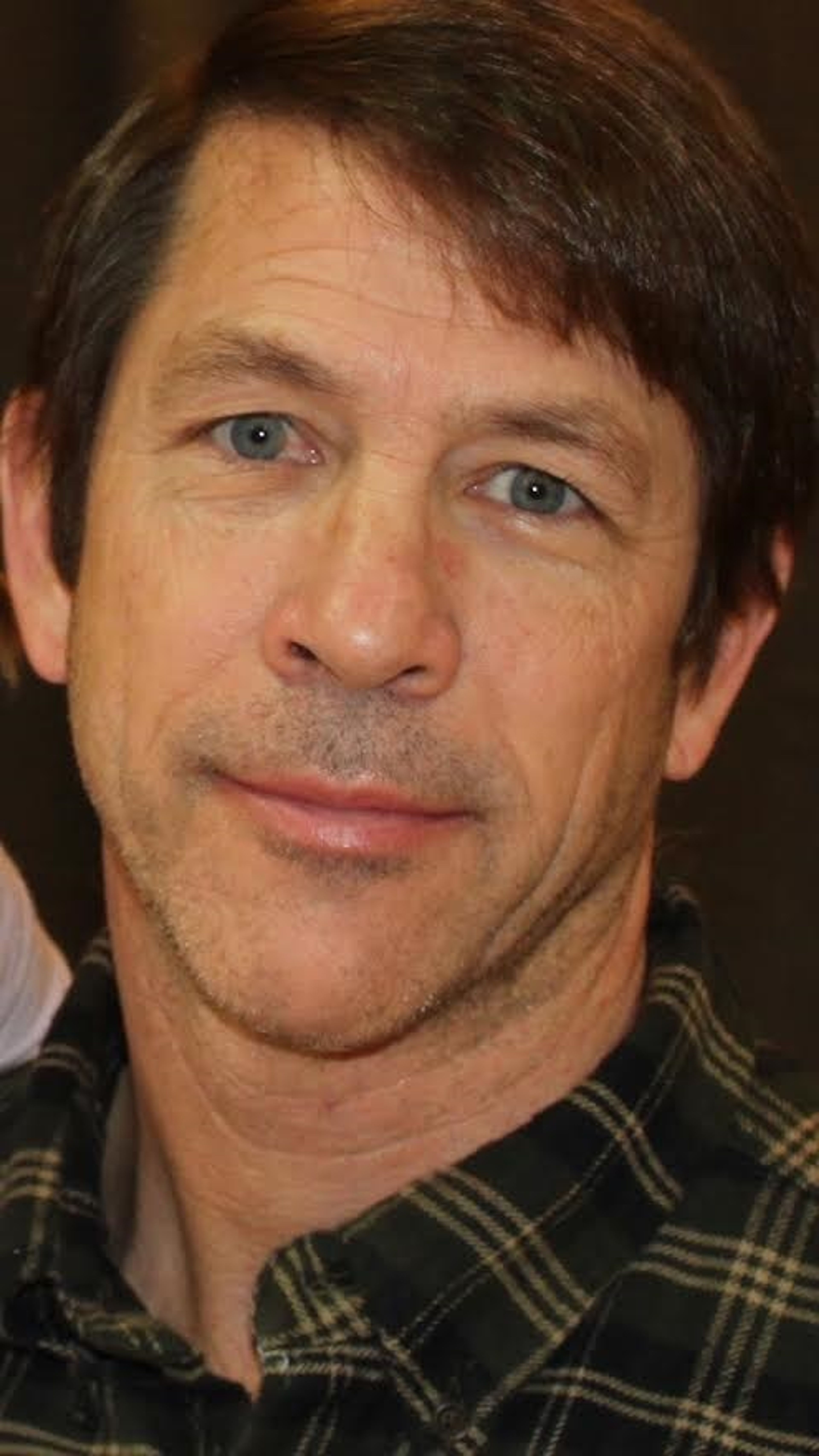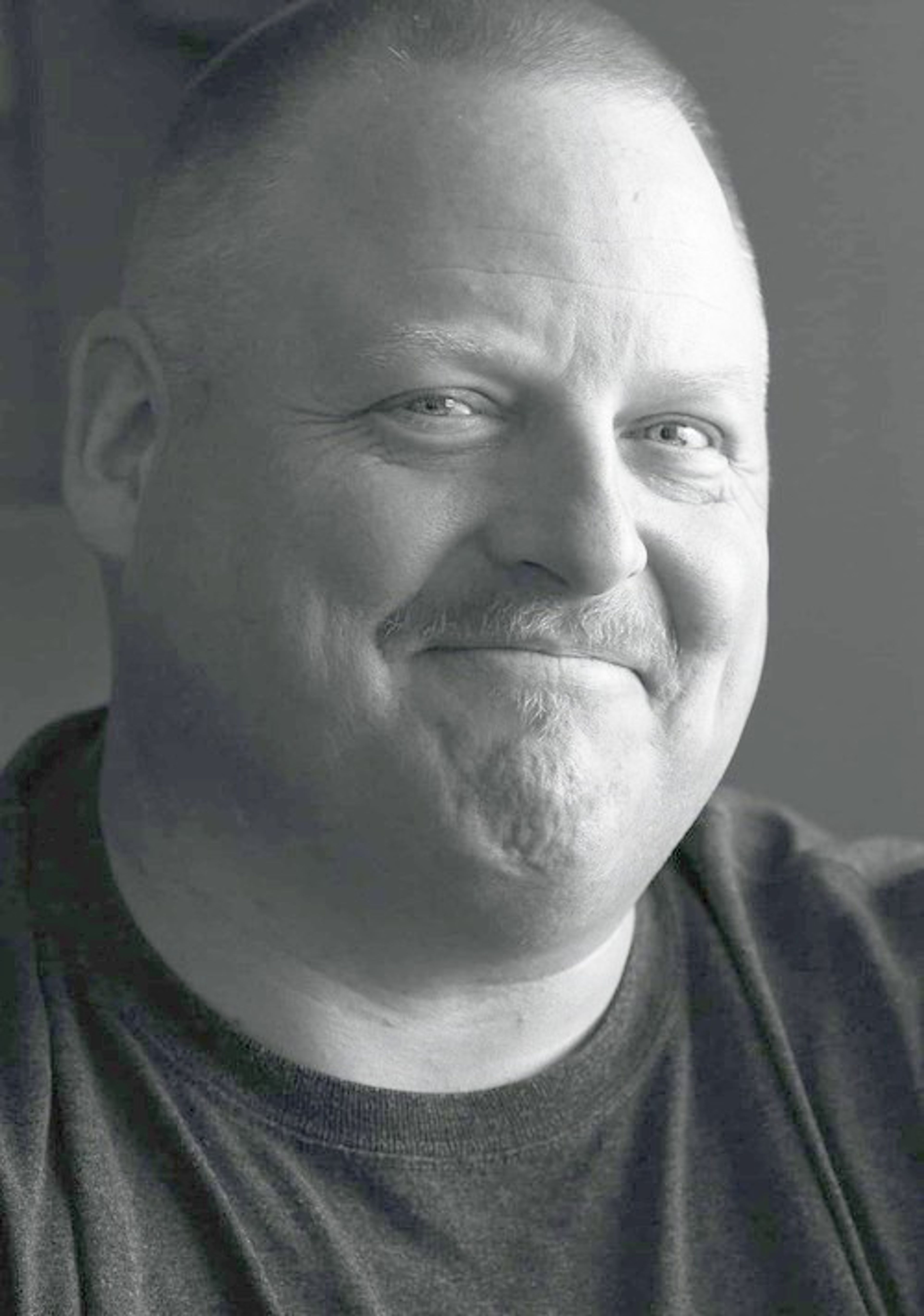Many people like to complain about the news media, but what would happen if all such media suddenly disappeared?
That can’t happen? Of course it can, and the Muscogee (Creek) Nation proved how devastating it can be to the people when a government removes the free press, leaving only propaganda in its wake.
Without warning in 2018, the country’s fourth largest Native American nation’s tribal council cut the right to a free press, making the tribe’s only reliable source of information for its citizens a propaganda tool for the government. As a sovereign nation, the tribal council has full rights over tribal laws and matters, and the council removed the right of its citizens to have a free press.
Since the First Amendment is not guaranteed on tribal lands, at the time the council acted the Muscogee Nation was only one of five Indigenous tribes which has passed a Free Press Act. What followed was confusion and frustration, and the work of former Mvskoke News director Angel Ellis to restore a free press to her people.
For more about what happened, there is a free showing of the documentary, “Bad Press,” about the episode at 6:30 p.m. Tuesday at the Kenworthy Performing Arts Centre in Moscow. The film is part of the 2024 Oppenheimer Symposium sponsored by the University of Idaho School of Journalism and Mass Media. Ellis will be on hand after the film to answer questions about her free press fight.
Non-Natives may say: “So what? This doesn’t affect me.” Think again.
Today there are proposals across the country to limit free press. While individuals may not like CNN, Fox News or anything in between, the ability of the media to cover issues is a right under the First Amendment.
Without a free press, the government can work in secrecy. Laws can be passed without public knowledge. Rights can be erased in secrecy.
Minus the free press, there is no democratic society. As UN Secretary General António Guterres’ recently said, the transparency and accountability for those in power provided by the media is paramount to a democracy.
All of this is often at the reporter’s personal risk. Last year, 78 journalists around the world were killed doing their jobs. The Committee to Protect Journalists lists 69 of the deaths as “dangerous assignments.”
As technology advances, Guterres noted it is easier to censor information while encouraging misinformation and outright lies.
“Media workers in war zones are threatened not only by bombs and bullets, but by the weapons of falsification and disinformation that accompany modern warfare,” Guterres said. “They may be attacked as the enemy, accused of espionage, detained or killed, simply for doing their jobs.”
Without the news media, not only is there misinformation about government, but also about health care, citizen’s rights and other issues. A free press allows for uncensored versions of speeches, coverage of and information on issues of interest to the general population.
In short, if we want democracy to work, we need a free press.
Fearful of another monarchy, this country’s founding fathers set up a system with three branches of government, so power is not vested in one person or group. The First Amendment guarantees a watchdog system by giving the country a free press which cannot be restricted by government actions.
But with the bitter divides now in American life, there is a movement to kill the rights of people to know what is happening by limiting the press. Such actions would choke the life out of the people’s right to know. The bills also run afoul of the First Amendment’s directive that there should be no law abridging the right to freedom of the press.
For those still questioning if a free press is a good idea, think about this: What would life be like if local media could not cover city council meetings, police and fire departments, local civic and community groups and other everyday reporting assignments?
By limiting the direction of reporting to being no more than a press release by government, people live their lives in the dark. They cannot make good decisions about their own lives, much less when it comes time to vote.
Tallent was a journalism faculty member at the University of Idaho for 13 years before her retirement in 2019. She is of Cherokee descent and is a member of both the Indigenous Journalists Association and the Society of Professional Journalists. She also writes for Faith and Values News (favs.news.com).








